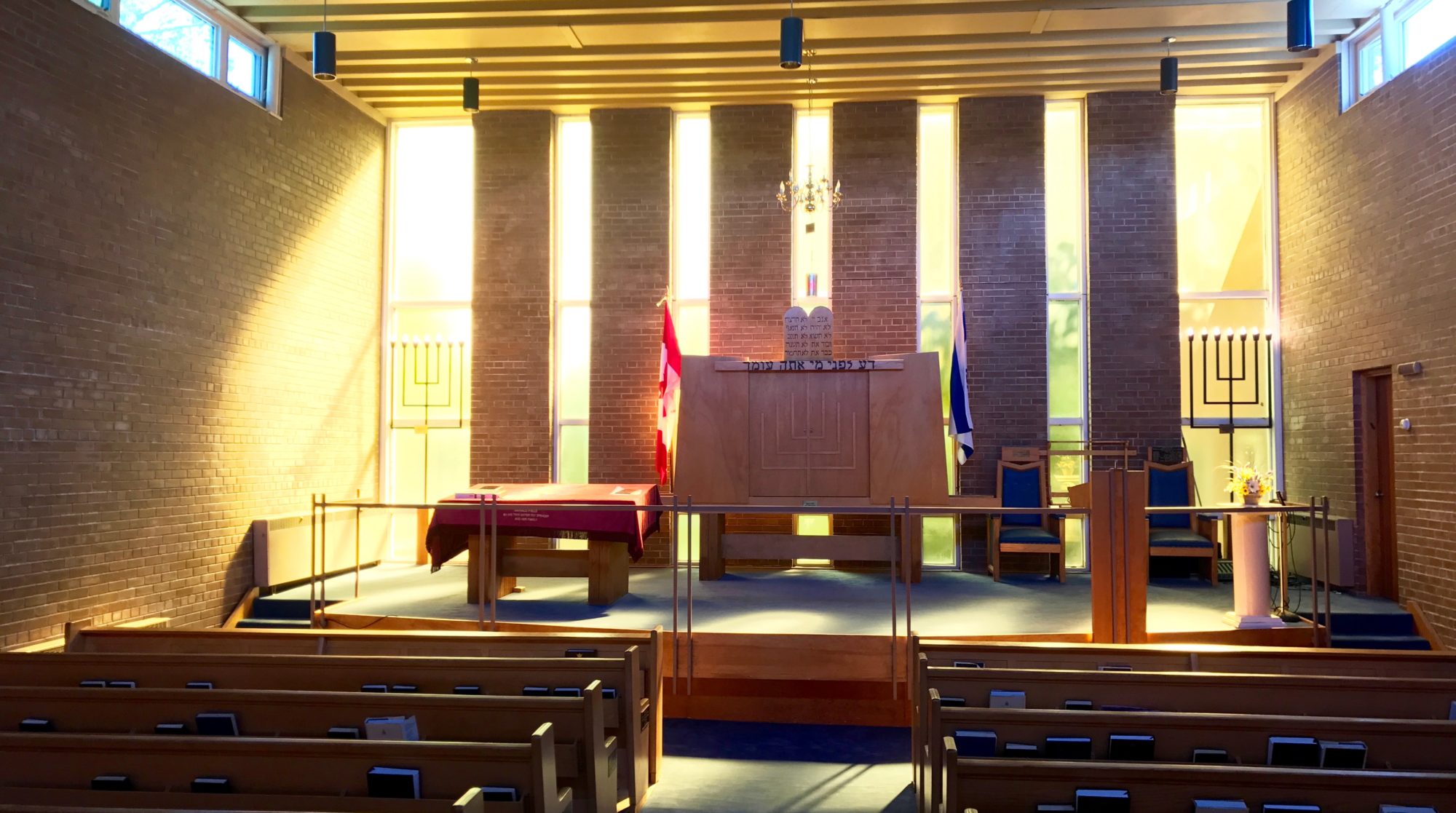Some practical information for the upcoming holiday of Rosh HaShannah – September 18th in the evening to the 20th at night, 2009
Candle Lighting
• We light at least two candles and recite the following blessing:
“Ba-ruch A-tah Ado-nai E-lo-hei-nu me-lech ha-olam, asher ki-deshanu be-mitzvo-tav ve-tzvi- vanu, le-hadlik ner shel Shabbat v’shel Yom Tov”
and immediately follow with the blessing of sheʼhechianu:
“Ba-ruch A-tah Ado-nai E-lo-hei-nu me-lech ha-olam she-heche-ya-nu ve-ki-yi-ma-nu ve-higi-a- nu liz-man ha-zeh”
• We light candles on the second night of Rosh HaShannah and make sure not to do so until stars are visible in the night sky [or the time equivalent]. The same two blessings are recited as on the first evening of Rosh HaShannah.
• It is customary to light a “ner neshama” – a candle that is to remain burning throughout the holiday. This custom is not only for those who wish to do so in memory of a deceased relative.
Rosh HaShannah is two days and you may need to use the existing light of one candle to light another so that it will last to the end of the second day. One of the practical uses of this candle is to provide a flame to light the Rosh HaShannah candles on the second evening.
Greetings
• On Rosh HaShanah, it is customary to greet one another with blessings and good wishes of “Leshana tova tekatevu v’etachetemu” or in english “May you be inscribed for a good year!”
Shofar Service
• This year the first day of Rosh HaShannah falls on the sabbath. We do not blow the shofar on the sabbath but we will be able to hear the shofar blowing on the second day of Rosh HaShannah. The custom is to blow at least 100 sounds from the shofar during Rosh HaShannah but the main mitzvah is to hear at least thirty of those sounds on Rosh HaShannah. Therefore, we ask everyone to be as quiet as possible and try to keep the children as quiet as possible during the shofar blowing service.
Tashlich
• On the second day of Rosh Hashanah after the afternoon prayer, we go to a lake, river or sea (preferably a body of water that has fish), and recite the Tashlich prayers, wherein we symbolically cast our sins into the water and leave our old shortcomings behind us, thus starting the new year with a clean slate.
If one is unable to perform this ceremony on Rosh HaShanah, one may do so until the last day of Sukkot (this year, October 9, 2009).
Please feel free to contact Scott Goldstein if you have any questions or if you are interested in any additional information. Scott.Goldstein@gmail.com (705) 585-3000
May the new year bring peace, prosperity and a world filled with laughter and love.
